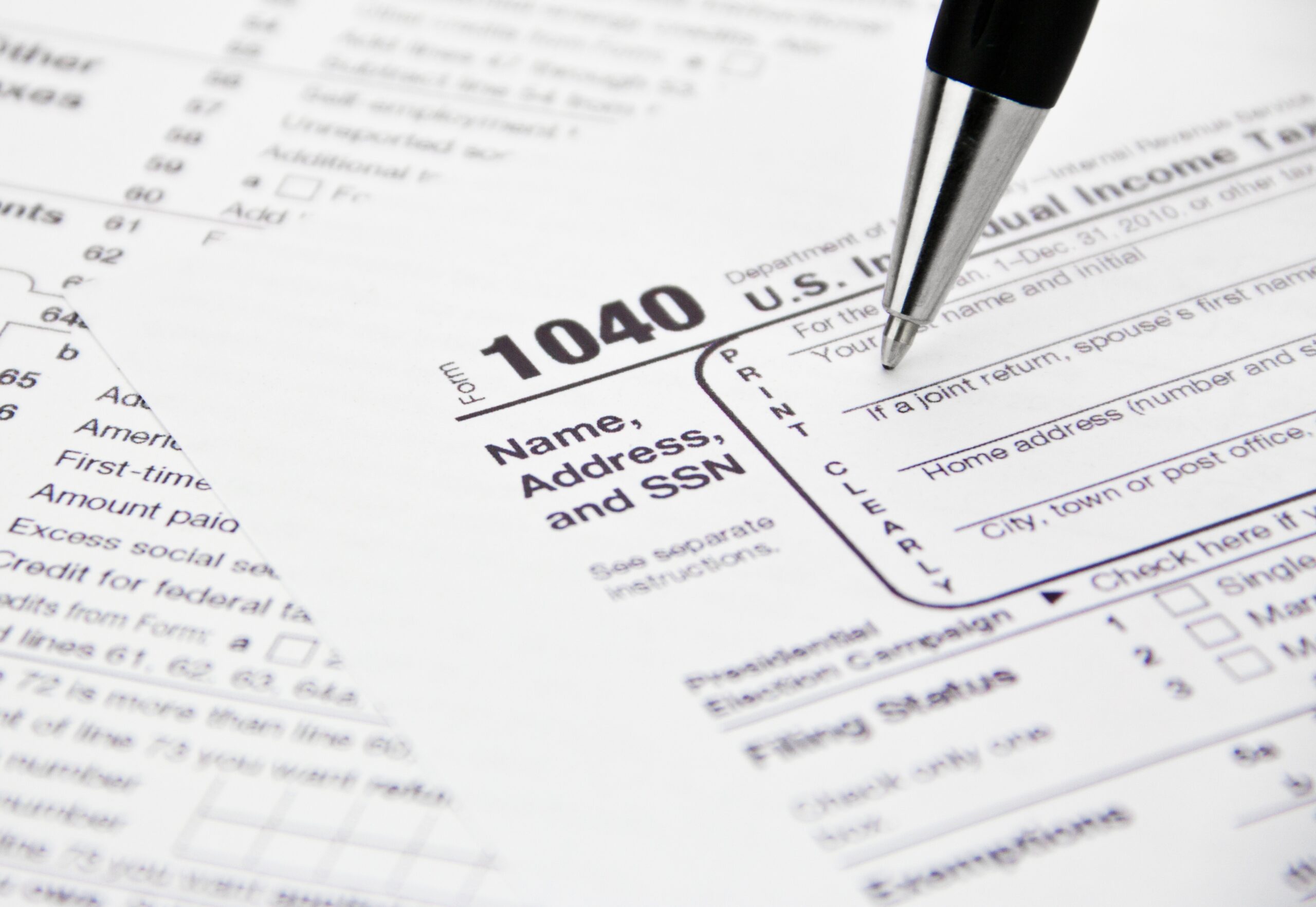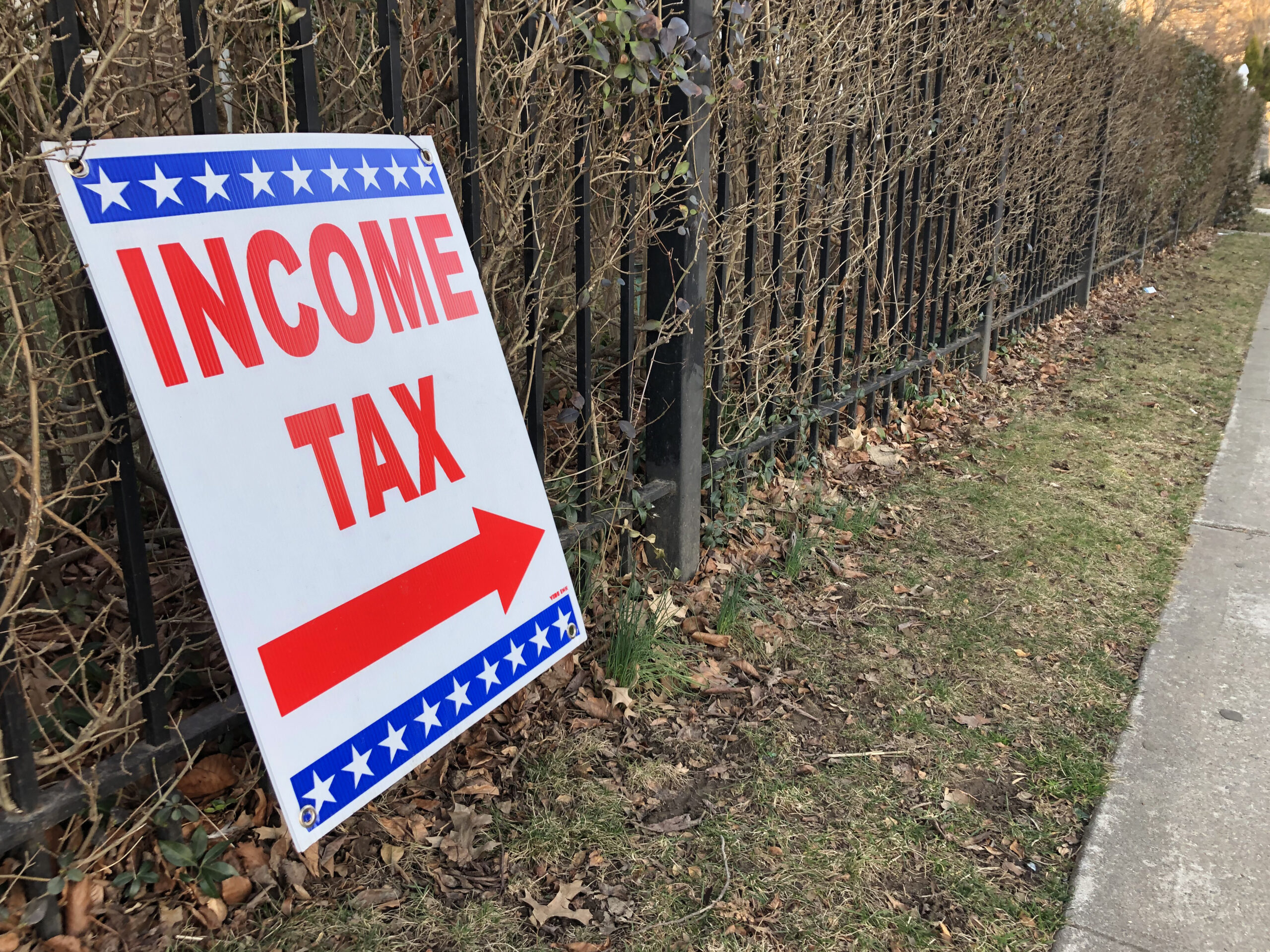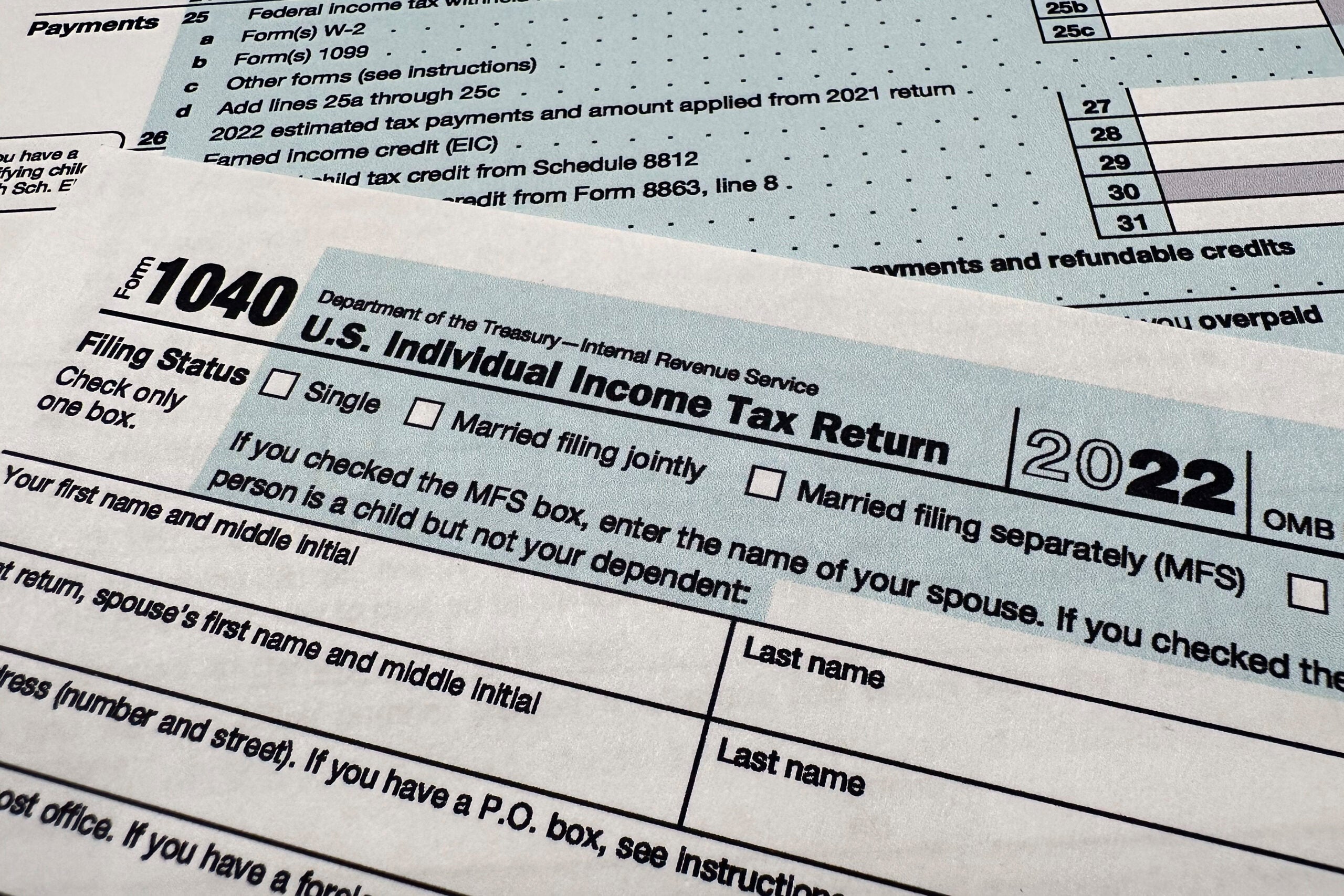Tax refunds are usually considered good things. It’s more money in the bank. But, if you get one and you haven’t filed your taxes, it’s a bad thing. It might mean you’re the victim of a scam.
Michelle Reinen, director of the Bureau of Consumer Protection at the state Department of Agriculture, Trade and Consumer Protection, said this is the newest scam.
After getting this fake refund, the victim will get a phone call from an Internal Revenue Service impersonator asking for the refund back, Reinen said. They might ask for a wire transfer or a gift card payment.
Stay informed on the latest news
Sign up for WPR’s email newsletter.
“If the consumer hangs onto the money, they could be responsible to pay interest,” Reinen said. “But during the call, the scam artist who’s representing the IRS, misdirects the consumer to returning the money to the actual scam artist instead of the legitimate IRS.”
The most common scams involve reaching people via phone calls, something the IRS doesn’t do.
“The government does not make telephone calls,” Reinen said. “(The consumer) will not be contacted by the IRS by the phone. If they have an issue with their taxes in any form, they will first get a traditional letter.”
Rick Chandler, secretary of the Wisconsin Department of Revenue echoed that statement, adding that the state DOR also doesn’t make phone calls — it also reaches out first via mail.
Identity theft was DATCP’s fourth most common consumer complaint in 2017. There were 453 complaints of identity theft in total, and Reinen said of those complaints, one third had to do with tax ID theft.
From October 2013 to January 2017, more than 10,000 people paid more than $54 million because of these phone scams.
Chandler said the state DOR estimates it stopped about $59 million in fake refunds.
If someone is the victim of a scam or gets contacted by someone they think is an IRS impersonator, they should reach out to the Department of Revenue.
Wisconsin Public Radio, © Copyright 2024, Board of Regents of the University of Wisconsin System and Wisconsin Educational Communications Board.





